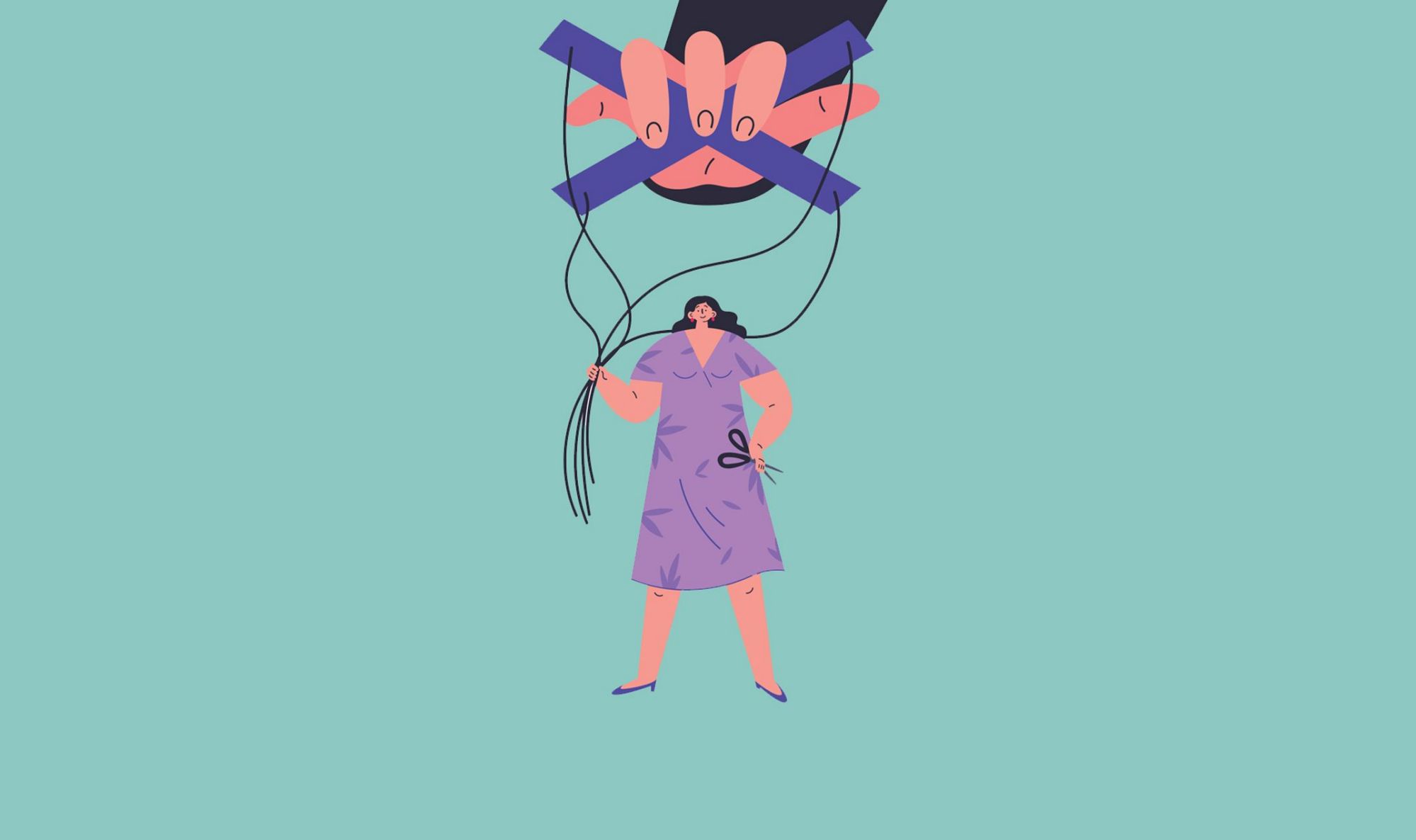
No relationship, whether personal or professional, is perfect. A good relationship, makes you feel secure, content, cared for, loved, and free to be yourself for the most part.
Toxic relationships, on the other hand, are those that leave you feeling exhausted, depleted, and sometimes even distressed.
A toxic relationship is the last thing you need when you’re running a company, working with a partner, leading an organization, or managing a team.
Here are 5 signs to help you recognize a toxic relationship:
- You stop expressing your needs because it’s pointless: In our relationships, we all have essential needs. Relation, affirmation, gratitude, passion, sex, and affection are only a few of the significant ones. When those needs are mocked or overlooked, the unmet need will ring out like an old church bell. If talking about what you need results in a war, another hollow promise, allegations of neediness, desperation, envy, or madness, you’ll either bury the need or resent that it keeps being ignored. Either way, it’s toxic.

- You are responsible for all of the effort, compassion, and compromise: No one can keep a relationship together when they are the only one doing the job. It’s depressing and lonely. If you can’t leave the relationship, offer just what you need. Let go of the illusion that if you try hard enough, work hard enough, say enough, and do enough, you will make things better. Take a break. Stop doing it. You alone are sufficient. You’ve been like this your whole life.
- No respect for Privacy: You deserve to be trusted unless you’ve done something to your partner that you shouldn’t have. Everyone is entitled to a degree of privacy, and healthy partnerships should be assured that it will not be abused. If your significant other goes through your receipts, phone bills, and text messages on a regular basis, this demonstrates a toxic degree of power. It’s embarrassing. You’re an adult who doesn’t need continuous monitoring.
- Nothing really gets resolved properly: Every relationship has its own set of problems. Nothing gets sorted out in a dysfunctional relationship because any confrontation ends in an argument. There is no trust that the other person will be able to handle the situation in a manner that is both healthy and respectful of the relationship. When this happens, desires are buried, and unmet needs will still feed resentment in a relationship.

- There’s a lot of passive-aggression in the relationship: Passive-aggressive behavior is a cowardly move for power and an indirect assault. The toxicity comes from robbing you of your ability to adapt and deal with issues directly. Rage is disguised as indifference, and coercion is disguised as permission. Since you can feel the scratch, you know the action or behavior was intended to exploit or harm you, but it’s not clear enough to react to the real problem. If something is worth getting worked up about, it is worth worrying about, but passive-aggressive behavior prevents this from happening.
Kritika is a freelance content writer with Femsay.com

